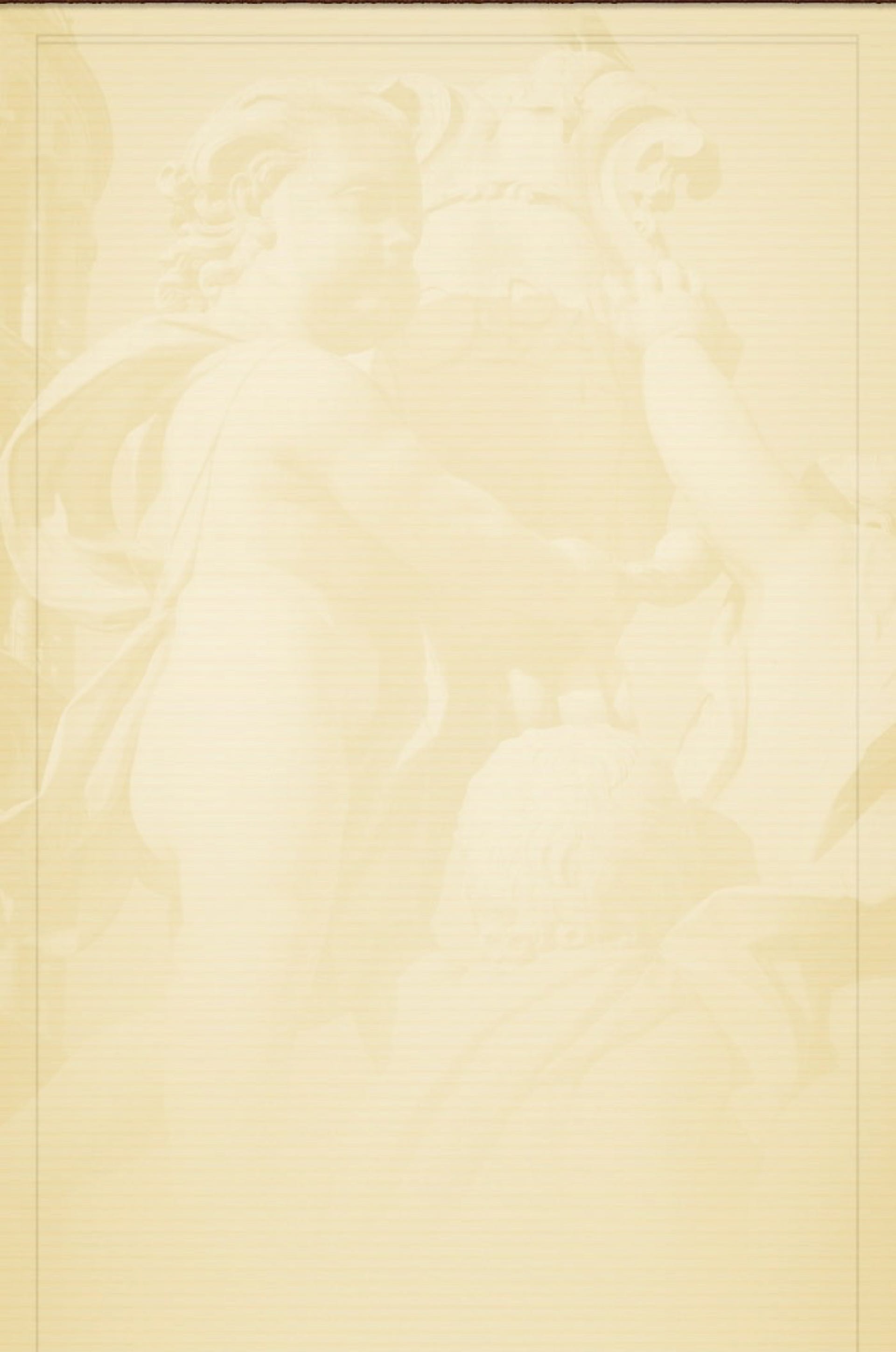Why the Deception?
This is the big question. If Edward de Vere penned these works, why not reveal this secret openly in the First Folio? In addition to throwing shame upon the family name for a nobleman to attach his own name to plays performed at the public theatres, another cause for the hidden identity may be suggested by the most personal first-person writings of William Shake-speare: his Sonnets.
In 1609, someone printed Shakespeare’s Sonnets. Strangely, there are no contemporary remarks made about this publication. Not many have survived. And, despite the huge popularity and multiple re-printings of Venus and Adonis and Lucrece, the sonnets were not reprinted in their original form until more than 100 years later (when they were altered)! They were also not added to the First Folio. This would indicate that after appearing in book stores, they were quickly taken off the shelves by the authorities. Why?
A detailed theory posed to answer this question is laid out in Hank Whittemore book, The Monument.
When the sonnets are examined together with the Shakespeare poem The Phoenix and the Turtle, and other works by Thomas Nashe, George Peele and John Sanford (who in print called Southampton “a hereditary Prince of illustrious lineage”), it appears that there was an effort by Shakespeare and others to promote young Southampton as the illegitimate son of Queen Elizabeth, with the poet as his father. This would explain the first 17 “procreation” sonnets, which urge the young man to marry and have a child for love of the poet (certainly a father-figure here). C S Lewis picked up on this, observing “What man in the whole world, except a father or a potential father-in-law, cares whether any other man gets married?”
If these writers did this to forestall the end of the Tudor dynasty, with a queen refusing to name a successor, it would explain why the sonnets quickly disappeared, why there were no re-printings, why there was no baptismal record for Southampton, why no last wills have been found from Oxford or Southampton, why Southampton, in the Tower, was never
executed for treason for his role in the Essex Rebellion, why the first thing King James did when assuming the throne was to pardon Southampton, and why Southampton was arrested the night Oxford died, but quickly released the next morning. Was a deal made? If Oxford would give up his claim to the Shakespeare works and if Southampton would give up his claim to the throne, Southampton would be freed?
How else would the author of the Sonnets know that Southampton’s crime was reduced from treason to misprision of treason (this unusual word is mentioned in the sonnets, and only those in on the negotiations would have known this).
If this story is true, which provides for the most logical reading of the sonnets, this may be not a literary mystery, but a political one.



